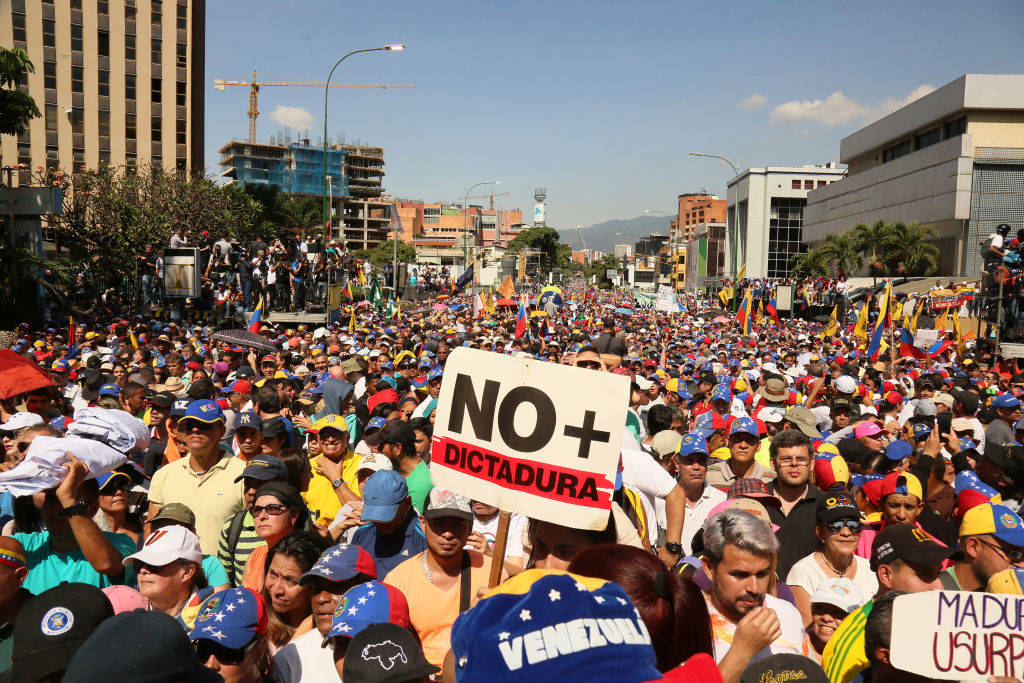
A powerful autocratic wave is sweeping the globe. According to various measures, the world is facing its seventeenth consecutive year of democratic decline, and the average level of democracy globally has sunk to its lowest point since 1986. To ensure long-term peace, security, and human rights for populations around the world, it is critically important that this trend be reversed. But what will it take to foster a new democratic wave? As nonviolent civil resistance movements struggle for democracy against autocrats, how can democratic countries more effectively support them?
A new publication released by the Atlantic Council and the International Center on Nonviolent Conflict, titled Fostering a Fourth Democratic Wave: A Playbook for Countering the Authoritarian Threat, addresses these questions. Building on an established body of research showing that grassroots civil resistance is historically one of the most powerful drivers of democracy and human rights around the world, it outlines three pillars of strategy for democratic governments to better support and enable civil resistance movements internationally by:
- Proposing new approaches and tools to support movements.
- Advancing a new international norm — the “Right to Assistance”
- Developing strategic and tactical options to constrain authoritarian regimes and drive up the cost of their repression.
Speakers
- Hardy Merriman, President of the International Center on Nonviolent Conflict, and Nonresident senior fellow at the Atlantic Council
- Vilde Lunnan Djuve, Post Doc Fellow, Department of Political Science, University of Oslo
The seminar will be moderated by PRIO Senior Researcher Håvard Strand.





